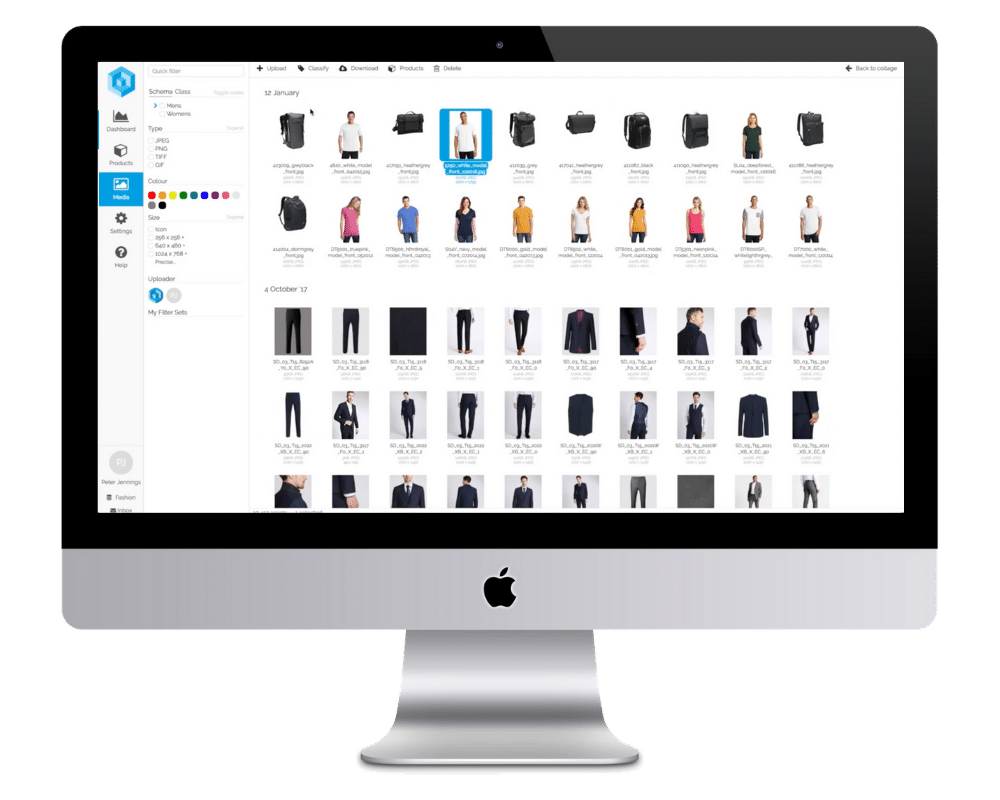The eCommerce industry has low barriers to entry. This means that anyone who wishes to sell online can enter the industry. However, these low barriers to entry don’t mean that anyone who enters this industry succeeds.

Many businesses start as small businesses and succeed initially. However, these businesses stay stuck in and don’t scale. The reason is a myriad of challenges of eCommerce that keep businesses from making it big in the industry.
Why is scaling an eCommerce business important?
Any business is formed with a vision. The vision is mostly related to the growth of the business to achieve a desirable set of objectives. In eCommerce, sales and order volumes are projected to increase by 8-9% each year. The increase in sales means that the number of online stores will also increase to benefit from the booming market.

So, eCommerce businesses are constantly competing for sales, utilizing new and old marketing strategies like email marketing and social media marketing strategy to retain and increase their market share. Therefore, scaling an eCommerce business over time is of utmost importance to keep up with the growing competition.
eCommerce scaling secrets
With the growing competition in the eCommerce industry, retaining market share seems like a tough feat. Scaling the business is a next-level challenge. However, one of the best-kept scaling secrets of successful eCommerce businesses is a strong foundation.
In the world of eCommerce, everything from your product to purchase experience and customer service should be top of the competition. But the bad part about eCommerce is that your product never remains unique for too long. So, success, even in the world of eCommerce, relies on the loyalty the business gains from the initial customers to build on the brand using the best scaling solutions for WordPress eCommerce.
How to scale an eCommerce business
Scaling an eCommerce business is no easy feat. You have tons of competition that is likely to drive you out of business, even if you’ve been in the industry far longer than newer competitors. Because the eCommerce industry is evolving with technologies like advanced algorithms, data analytics, and AI, keeping up is key. However, there are some basics that businesses can stick with to scale the business:
Exceptional customer service
Even if the product is not exceptional, it must meet the expectations set by the marketing copy and pictures. However, even if quality is at par with the promises, there might be times when customers need assistance with order tracking and complaints. How well the business handles the post-purchase interaction with the customer shows how much it cares for the customer. Even a customer with a complaint can stay loyal if their complaint is handled well.
Clever marketing strategy
An effective marketing strategy is an important factor in a business’s success. However, marketing strategies change with time. For instance, email marketing is still successful, but not as much as it was in the newer days of the internet. On the other hand, influencer marketing is the new gimmick and, when done right, could help eCommerce businesses to scale considerably.
SEO-Optimized website
Although social media is supposed to be the new search engine, a good website, and SEO-optimized landing pages are still relevant and important for building customer trust.
eCommerce scaling secrets review
We’ve talked a lot about scaling secrets, but let’s list a review of what each of these secrets means for eCommerce businesses and how they can help convert potential customers to loyalists:
- Don’t overpromise – Only promise the quality that you can deliver.
- Focus on volume rather than margins – Scaling means attracting more customers through pricing strategies like discounts and incentivized loyalty.
- Build a website that looks authentic to build trust and delivers a smooth ordering process.
- Hire relevant influencers to market the products.
Deliver exceptional customer service for a great customer experience.
What is scaling in eCommerce?
The major problem of eCommerce scaling lies in data management. Many businesses want to expand the variety they offer and the number of platforms they list their products on to reach more customers. Even though they invest in important elements like websites and marketing campaigns, they don’t know how to handle the bulk loads of data that come with an expanding product line.
Many businesses rely on PDF files to share and upgrade product information. This old-school method of information storage, retrieval, and utilization might work if a business has a few products. However, if eCommerce businesses want to scale, they need to make sure that they establish a single source of truth. This makes sure that when the product line and the team expand, it does not impact the product information.
Consistency & Reliability
If the product information is wrong, has missing information, or is not updated at the right time, it leads to the customer not getting what is being promised. Thus, the business starts getting more order returns, dissatisfied customers, or product information that does not appeal to the customer.
Nowadays, search engines also rank products that have complete information including descriptive pictures. Thus, establishing a single source of truth has become even more important.
Best shipping scale for eCommerce
For growing your business, eCommerce businesses must make sure their product information is updated and correct. This includes uploading the correct dimensions and weight of the product as well.

For people shopping online, these descriptive measures are important to make a purchase decision. So, your business growth also relies on the right information delivered effectively.
eCommerce hosting platforms for scaling
To scale your eCommerce store, it is important to invest in an eCommerce hosting platform that gives you access to multiple tools to scale your eCommerce business. Shopify is one of the leading hosting platforms, specialized for eCommerce businesses.
However, other options include Hostinger, WooCommerce, BigCommerce, and Wix.
Bottom line
Essentially, scaling is not an easy endeavor. But with the right tools in place, you can easily set yourself up for success when expanding the size and/or reach of your brand. Visit Pimberly to learn how having the right PIM in place













